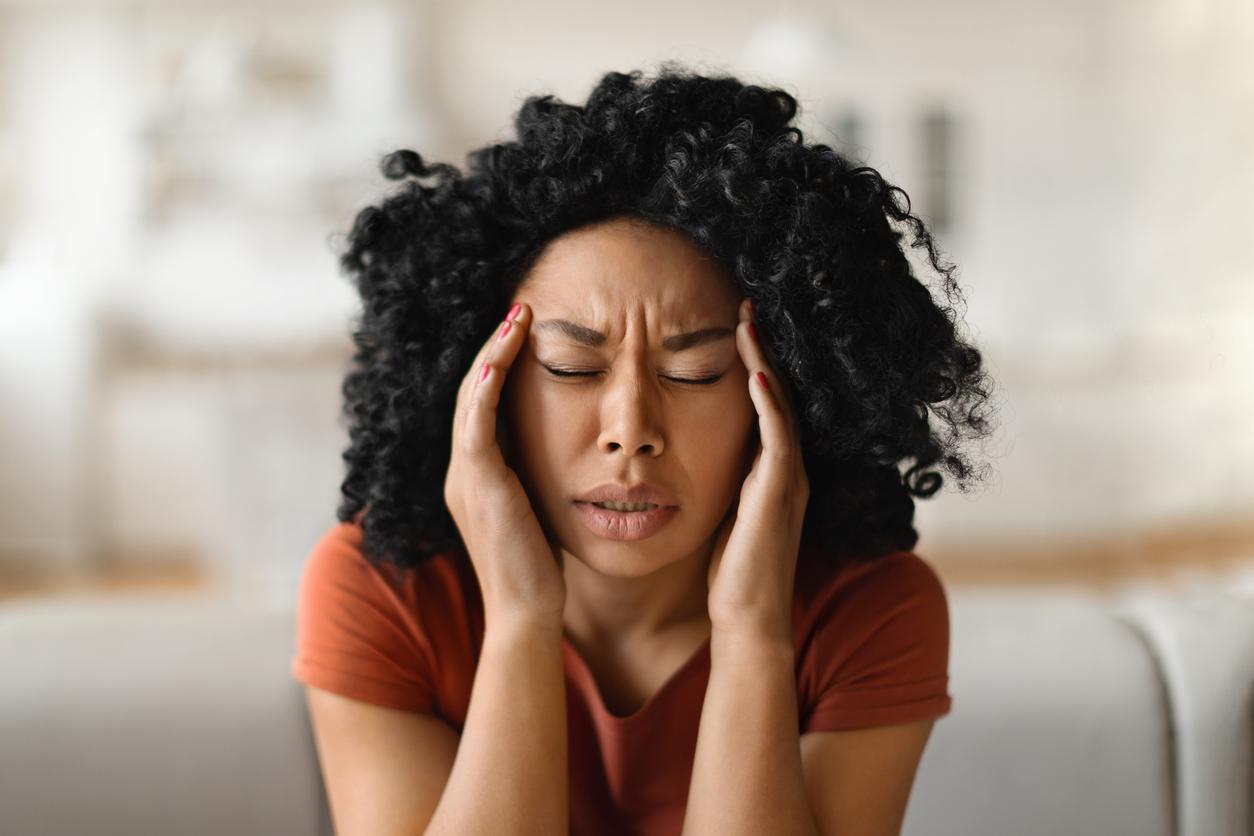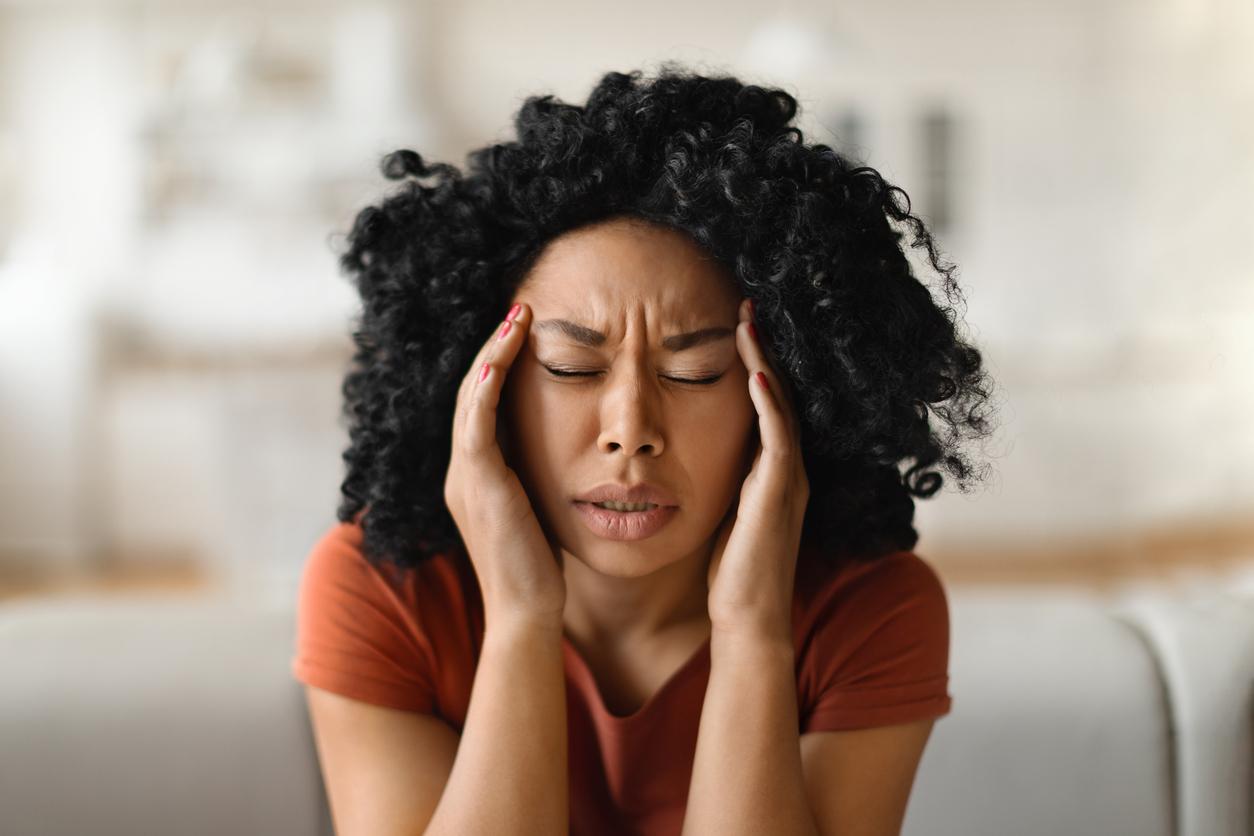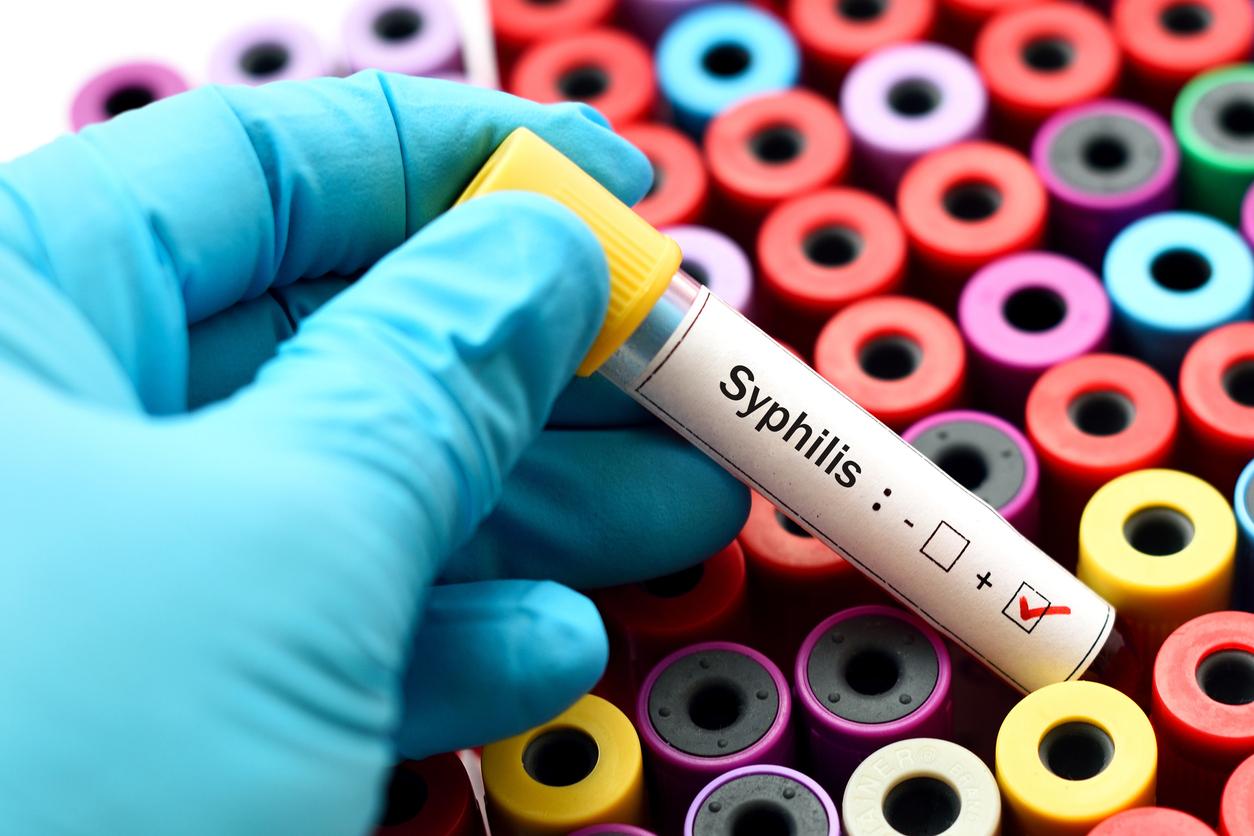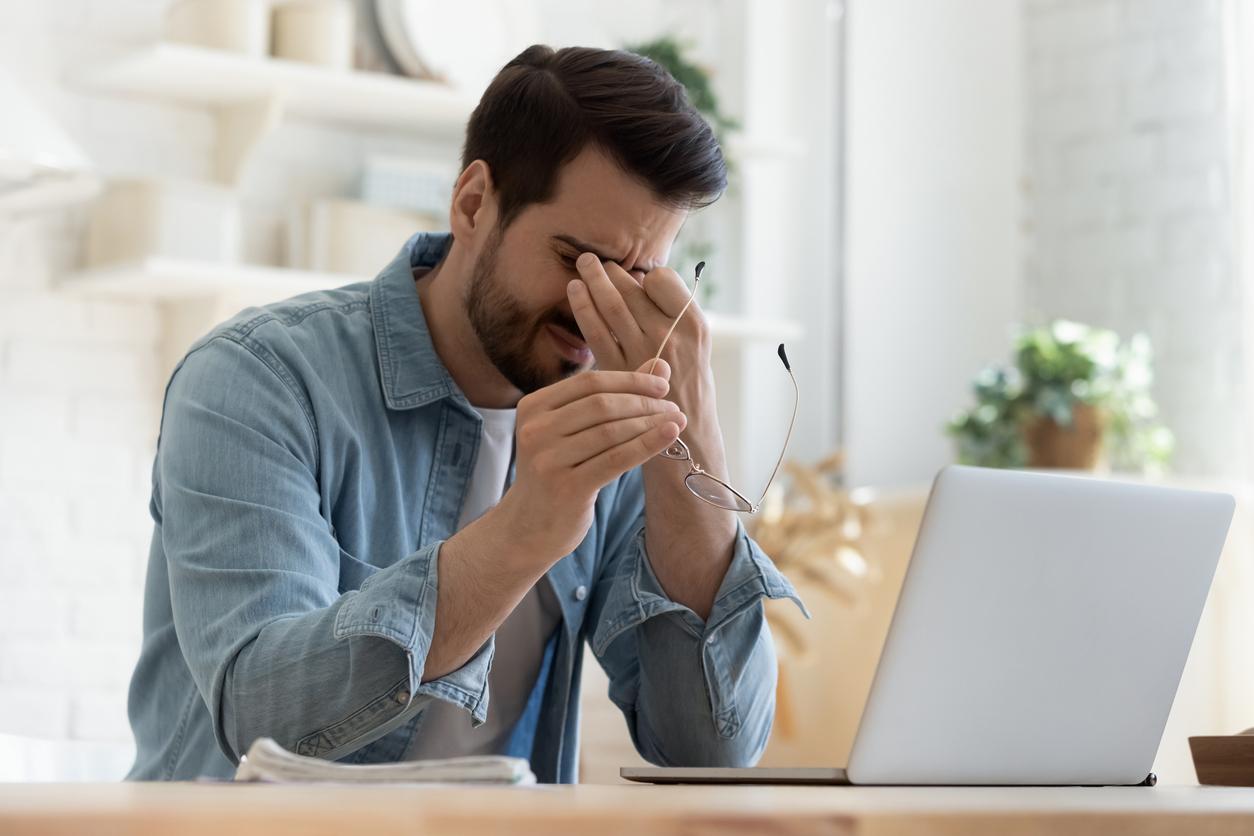
Headaches that have nothing to do with tension
Tension headaches are a collective term for all kinds of headaches that recur for more than fourteen days a month. A dull, pressing pain in the skull, for example. Or pain on both sides of the head, where it seems as if there is a tight band around the head.
The state of affairs
Tension headache is the wrong term, which we really shouldn’t use, says Gisela Terwindt, neurologist at the Leiden University Medical Center. “It’s called that because it used to be thought that muscle tension or stress the cause was. That’s a misunderstanding. We don’t know where it came from.”
The research
While the research into migraine is in full swing, the tension headache has yet to begin. “Only recently has this headache been taken seriously,” says Terwindt. A widely held theory was that tension headaches were caused by tight neck muscles. Test subjects were injected with botox to relax their muscles. Terwindt: “The headache didn’t get any less, so it seems as if it has other causes after all.”
Even though neurologists are still in the dark about the cause of tension headaches, that doesn’t mean there is nothing that can be done about it.
The Cure
Of two kinds antidepressants have been shown to reduce tension headaches. But these drugs do not work for everyone. Quitting painkillers, coffee, and other caffeinated drinks is usually more effective, Terwindt says. “Because often people with tension headaches have another problem: drug dependence.” They take too many painkillers (paracetamol, ibuprofen) or drink too much coffee, tea or cola, according to research. You can become addicted to it without noticing.
Terwindt: : This is how people end up in a vicious circle: they use painkillers or coffee to combat their headaches, but then they actually get a headache.” The remedy sounds simple: stop with those pills and caffeine. “For many, that is a drama”, Terwindt says. “Their headaches get even more intense in the first few weeks; only then does it diminish.”
That is why she advises people under the guidance of a general practitioner or a headache clinic to stop. It is important that you keep it up for at least three months. Only then will it be clear to what extent the headache was caused by painkillers or caffeine, says Terwindt. Sometimes the headache disappears completely; usually the symptoms diminish. “We can then treat the headache that remains.”
Sources):
- Plus Magazine















